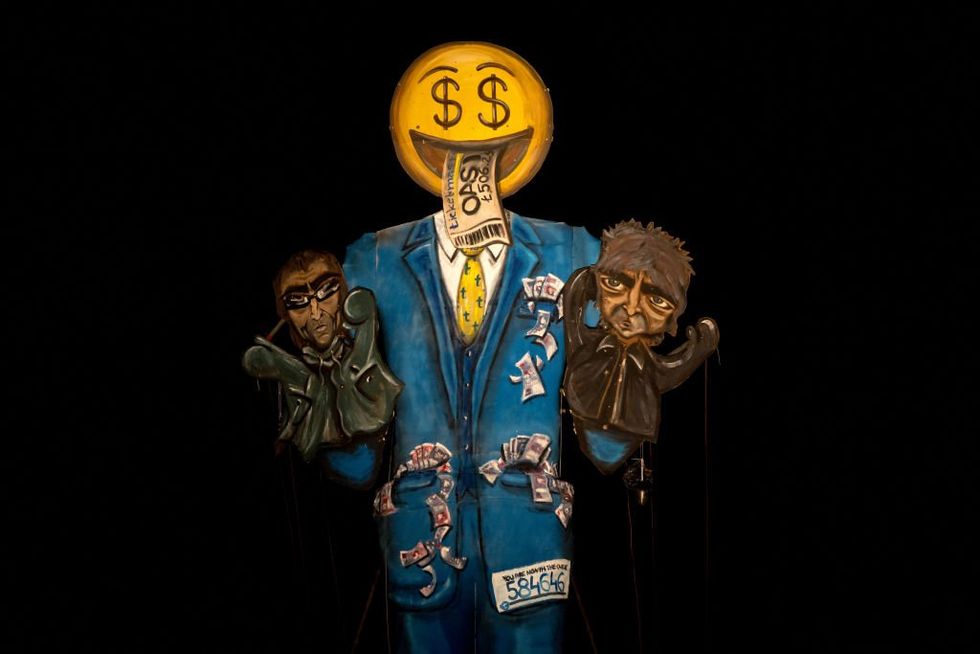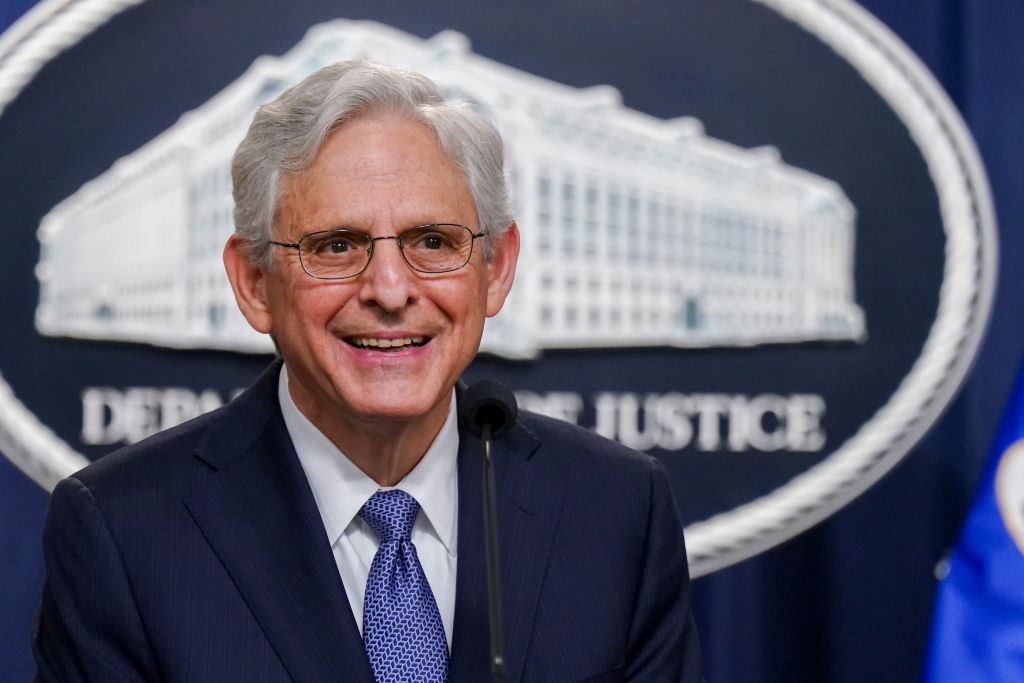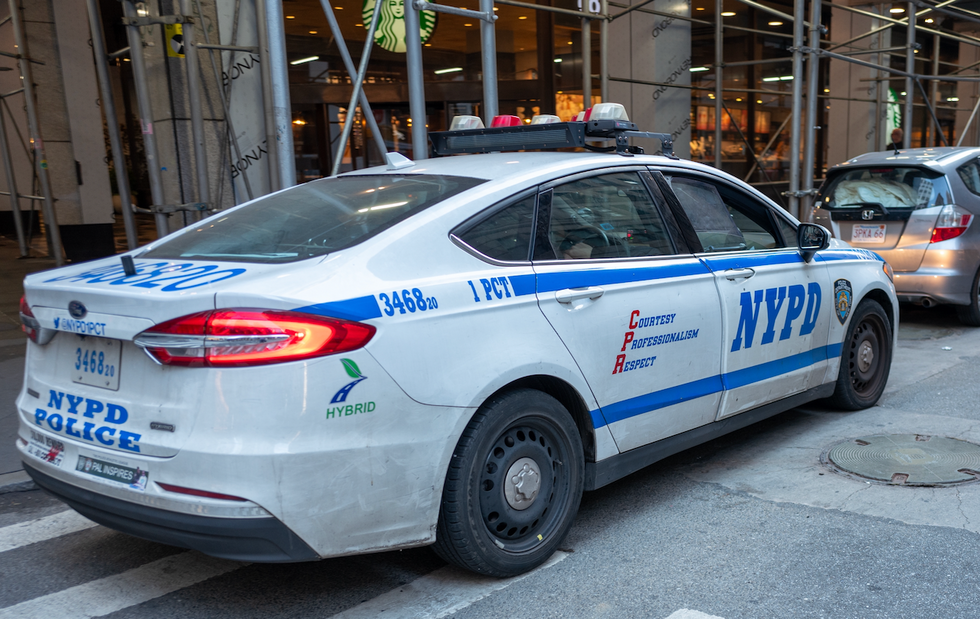It’s time to join the fight and expose Ticketmaster
Concerts are supposed to be fun. Unfortunately, the typical excitement and anticipation of attending a show or sporting event has been overshadowed by panic and stress. Nearly 50% of concertgoers recently admitted they’ve considered taking a second job just to afford tickets.In addition to shelling out a small fortune for concert tickets, fans now have to worry if their tickets will vanish into thin air, thanks to one company’s epic data breach earlier this year. With the data from about 560 million people up for grabs, your ticket might just be the hottest item on a hacker’s wish list. We find ourselves in this situation because Live Nation-Ticketmaster manages the artists, runs the venues, and sells the tickets — virtually every piece of the ecosystem.Why is this all happening? The ticketing industry’s self-made monopolist, Ticketmaster, changed the game, and it’s time we as fans do something about it.The merger of Ticketmaster with its parent company, Live Nation Entertainment, back in 2010 has brought turmoil and frustration for artists, concert venues, and consumers alike. But while many affected by Ticketmaster’s monopoly in the live event and ticket ecosystem have spoken out, not much has happened.Thankfully, the lawsuit from the Department of Justice and a bipartisan group of more than 40 state and district attorneys general compiles over a decade’s worth of evidence that true competition in live events and the ticketing industry is absent — leading to increased costs and fewer event opportunities for fans. Ticketmaster's latest blunder with Oasis’ highly anticipated 2025 comeback tour underscores the company’s ongoing failure to put fans first. At the outset, overwhelming traffic caused Ticketmaster’s system to crash, leaving thousands of U.K. fans stuck in queues without ever getting a chance to purchase tickets, while others paid considerably more than they anticipated.Sound familiar, Swifties?We find ourselves in this situation because Live Nation-Ticketmaster manages the artists, runs the venues, and sells the tickets — virtually every piece of this ecosystem. Its overwhelming control over ticketing, touring, and promotions has led to restricted consumer choices and inflated ticket prices, all while Live Nation-Ticketmaster becomes ever more profitable.The lack of real competition between Ticketmaster and other ticket sellers is evident. Live Nation owns or manages 60% of the highest-grossing venues in the United States, granting Ticketmaster exclusive rights for initial ticket sales at those venues. Additionally, Live Nation directly manages more than 350 musical artists and their tours. Guess which venues they use?Then there are the concerns around its business tactics that box out other market participants. Its network of exclusive contracts eliminates choice, forcing venues and artists into the hands of a single corporate player.And of course, as we just saw with Oasis and many other high-demand sales, the lack of competition results in poor execution and poor customer service.In some instances, Live Nation even exclusively sells its own canned water — Liquid Death — at its venues. The list goes on.The federal government must take decisive action to dismantle this monopoly and introduce real competition in the live event industry. With former President Donald Trump decidedly winning the election, we can only hope his new team at the Justice Department will continue to keep antitrust enforcement at the forefront.Transparency in primary ticketing is nonexistent, while venues, artists, and promoters remain under the control of a single entity. Restrictive terms and conditions limit what people can do with a ticket.Now is the time for fans to say, enough is enough — especially if you are one of the 145 million Americans who plan to attend a live event in the next year and don’t want to see the tickets you spent a small fortune on disappear.


Concerts are supposed to be fun. Unfortunately, the typical excitement and anticipation of attending a show or sporting event has been overshadowed by panic and stress. Nearly 50% of concertgoers recently admitted they’ve considered taking a second job just to afford tickets.
In addition to shelling out a small fortune for concert tickets, fans now have to worry if their tickets will vanish into thin air, thanks to one company’s epic data breach earlier this year. With the data from about 560 million people up for grabs, your ticket might just be the hottest item on a hacker’s wish list.
We find ourselves in this situation because Live Nation-Ticketmaster manages the artists, runs the venues, and sells the tickets — virtually every piece of the ecosystem.
Why is this all happening? The ticketing industry’s self-made monopolist, Ticketmaster, changed the game, and it’s time we as fans do something about it.
The merger of Ticketmaster with its parent company, Live Nation Entertainment, back in 2010 has brought turmoil and frustration for artists, concert venues, and consumers alike. But while many affected by Ticketmaster’s monopoly in the live event and ticket ecosystem have spoken out, not much has happened.
Thankfully, the lawsuit from the Department of Justice and a bipartisan group of more than 40 state and district attorneys general compiles over a decade’s worth of evidence that true competition in live events and the ticketing industry is absent — leading to increased costs and fewer event opportunities for fans.
Ticketmaster's latest blunder with Oasis’ highly anticipated 2025 comeback tour underscores the company’s ongoing failure to put fans first. At the outset, overwhelming traffic caused Ticketmaster’s system to crash, leaving thousands of U.K. fans stuck in queues without ever getting a chance to purchase tickets, while others paid considerably more than they anticipated.
Sound familiar, Swifties?
We find ourselves in this situation because Live Nation-Ticketmaster manages the artists, runs the venues, and sells the tickets — virtually every piece of this ecosystem. Its overwhelming control over ticketing, touring, and promotions has led to restricted consumer choices and inflated ticket prices, all while Live Nation-Ticketmaster becomes ever more profitable.
The lack of real competition between Ticketmaster and other ticket sellers is evident. Live Nation owns or manages 60% of the highest-grossing venues in the United States, granting Ticketmaster exclusive rights for initial ticket sales at those venues. Additionally, Live Nation directly manages more than 350 musical artists and their tours. Guess which venues they use?
Then there are the concerns around its business tactics that box out other market participants. Its network of exclusive contracts eliminates choice, forcing venues and artists into the hands of a single corporate player.
And of course, as we just saw with Oasis and many other high-demand sales, the lack of competition results in poor execution and poor customer service.
In some instances, Live Nation even exclusively sells its own canned water — Liquid Death — at its venues. The list goes on.
The federal government must take decisive action to dismantle this monopoly and introduce real competition in the live event industry. With former President Donald Trump decidedly winning the election, we can only hope his new team at the Justice Department will continue to keep antitrust enforcement at the forefront.
Transparency in primary ticketing is nonexistent, while venues, artists, and promoters remain under the control of a single entity. Restrictive terms and conditions limit what people can do with a ticket.
Now is the time for fans to say, enough is enough — especially if you are one of the 145 million Americans who plan to attend a live event in the next year and don’t want to see the tickets you spent a small fortune on disappear.
Originally Published at Daily Wire, World Net Daily, or The Blaze
What's Your Reaction?

































































































